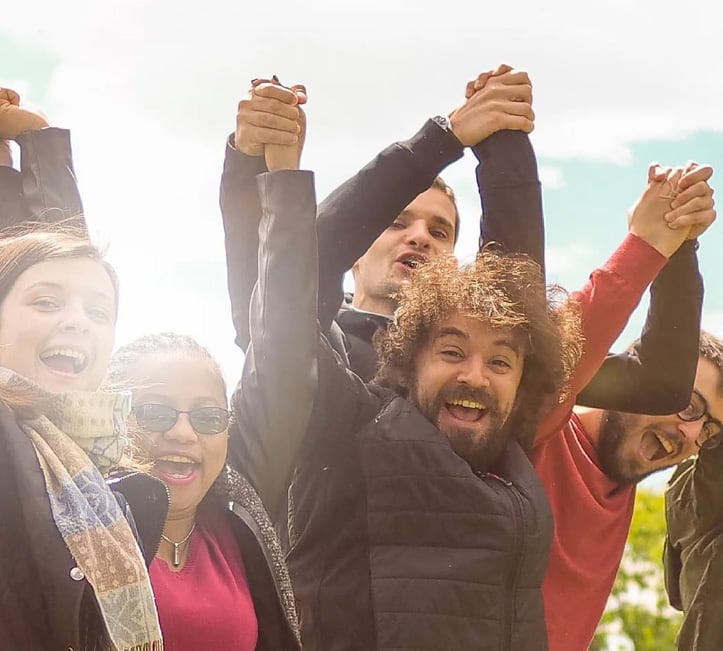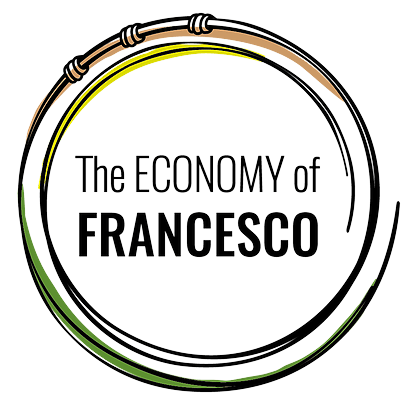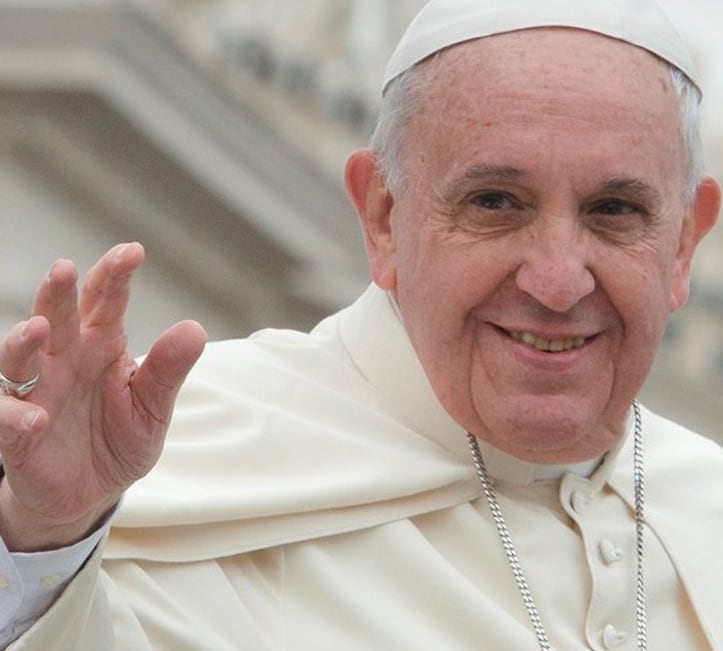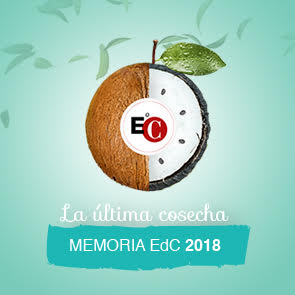Del 19 al 21 de noviembre de 2020 la ciudad de Asís acogerá el evento internacional The Economy of Francesco, dirigido a jóvenes economistas, empresarios y change-makers comprometidos en pensar y practicar una economía distinta. La invitación llega directamente del Papa Francisco, que hoy ha dado a conocer una carta con la que convoca en la ciudad de San Francisco – lugar simbólico del humanismo de la fraternidad – a jóvenes economistas y empresarios de todo el mundo, sin distinción de credo o nacionalidad, para poner en marcha con ellos un proceso de cambio global que conduzca, para hoy y para mañana, a una economía más justa, inclusiva y sostenible, que no deje a nadie atrás. El evento está organizado por un comité compuesto por la Diócesis de Asís, la ciudad de Asís, el Instituto Seráfico de Asís y la Economía de Comunión.
Los problemas más complejos del mundo actual, que van desde la salvaguardia del medio ambiente hasta la justicia para con los pobres, necesitan un decidido esfuerzo encaminado a repensar los paradigmas económicos de nuestro tiempo. En la encíclica Laudato si', el Santo Padre recuerda que todo está íntimamente conectado y que la tierra es nuestra «casa común». Por eso, realiza una llamada a defenderla y a defender la humanidad que la habita. Una llamada que nos advierte de los peligros de la sobreexplotación de los recursos y de una política miope que solo ve el éxito inmediato sin pensar a largo plazo. Siguiendo el ejemplo de San Francisco, es necesario construir una nueva ecología integral, inseparable de la noción de bien común, que debe realizarse mediante acciones solidarias en base a «una opción preferencial por los más pobres», empezando por «la solución de los problemas estructurales de la economía mundial».
«La invitación del Papa Francisco a los jóvenes economistas es un acontecimiento que marca el comienzo de una etapa histórica, porque une dos grandes temas y pasiones del Papa: su prioridad por los jóvenes y su solicitud por una economía distinta. En su nombre, estamos invitando a algunos de los economistas y empresarios más sensibles al espíritu de la Oikonomia de Francisco (Francisco de Asís y el Papa Francisco), para dar a los jóvenes lo mejor de las reflexiones y de las prácticas económicas en el mundo de hoy. La palabra Oikonomia evoca muchas realidades: La raíz griega hace referencia a las reglas de la casa, pero también al cuidado de la casa común, al OIKOS. También hace referencia a la Oikonomia entendida por los Padres de la Iglesia como categoría teológica de salvación universal. Asís es esencial, como ciudad-mensaje de una economía distinta. Los diversos actos del programa se realizarán en distintos lugares de la ciudad, en torno a los tres pilares de la Oikonomia de Francisco: los jóvenes, el medio ambiente y los pobres», declara el profesor Luigino Bruni, Director Científico del Comité.
Este evento representa para el Papa Francisco la consolidación de un «pacto para cambiar la economía actual y dar un alma a la economía de mañana» y quiere ser una esperanza para los derechos de las generaciones futuras, para la acogida de la vida, para la justicia social, para la dignidad de los trabajadores y para la salvaguardia de nuestro planeta. Del 26 al 28 de marzo de 2020, en The Economy of Francesco se realizarán talleres, manifestaciones artísticas, seminarios y sesiones plenarias con notables economistas y expertos en desarrollo sostenible y en disciplinas humanísticas, que reflexionarán y trabajarán junto con los jóvenes. En junio de 2019 se abrirá el plazo para presentar candidaturas a participar en la iniciativa.
Para más información, visitar la web www.francescoeconomy.org
Ver la carta del Papa Francisco











